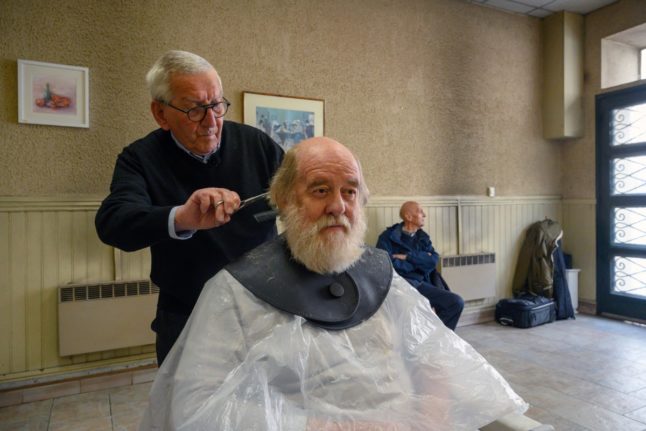Over three million people are considered “self-employed” in France, and their lives might have become a bit easier now that the “law in favor of independent professional activity” has officially come into force.
Voted on in February 2022 under Macron’s first mandate, the law, which came into effect on May 15th, seeks to create a simpler and, above all, more protective legal, fiscal and social environment for “artisans, shopkeepers, micro-entrepreneurs and people of liberal professions.”
Who exactly does the changes cover?
The changes could impact France’s three million “travailleurs independents” which includes all kinds of self-employed workers working in many different professions.
The one self-employed status in France probably most familiar to readers is micro-entrepreneur but many kinds of small business owners and contractors are also considered travailleurs independents.
Now, here are the changes worth knowing about:
A better protection and separation of personal assets
One of the most important changes this law will bring is a more clear separation between personal and professional assets. As of May 15th, those registered as ‘self-employed’ (micro-entrepeneur/ entreprise individuelle) will see their personal and professional assets automatically separated. This means that should there be professional financial constraints, particularly involving creditors, the self-employed person’s personal assets will be more protected from being seized if the individual runs into problems. This includes places of residence, personal vehicles, and movable assets.
However, Assembly rapporteur Marie-Christine Verdier-Jouclas warned previously: “We should not expect miracles, because the most important creditors, including banks, will continue to require special securities on certain assets of entrepreneurs, including their personal property.”
Minister of Small and Medium Enterprises, Jean-Baptiste Lemoyne said: “We expect banking institutions to take all responsibility in the implementation of this reform. We will be very vigilant.”
It will be easier to claim the unemployment benefit for the self-employed
Self-employed people will now have an easier time claiming the “allowance of independent workers” (L’allocation pour les travailleurs indépendants) which is essentially an unemployment benefit specifically directed at the self-employed.
Now, they must simply be able to show that they have involuntarily lost employment – meaning the activity they were performing as a self-employed person is no longer viable. Previously, self-employed workers were required to be going through the legal process of “receivership or judicial liquidation” to claim this allowance. Now, a ‘cessation of activity’ can be certified by a trusted third party, such as a chartered accountant.
In order to qualify for this benefit, self-employed workers now must prove at least €10,000 of income spanning over one of the last two years, in contrast to the previous rule that required a minimum of €10,000 on average over the last two financial years. The benefit will depend on the earnings of the worker, with the maximum amount being €800 per month, and the minimum being €600.
The benefit can be paid for up to six months (182 days), and it is not renewable.
It will be easier access to professional training (the ‘CFP’)
In return for the contribution to professional training (CFP) to which they are subject, self-employed workers can, under certain conditions, benefit from total or partial financing of their professional training. But for this, they must be patient. With the NAF code of their activity, they must identify the training access fund (FAF) to which they belong. To make their task easier, the legislator has listed the different FAFs on the entreprendre.service-public.fr website.
If you are wondering whether your professional activity fits into this definition, but you are not sure, you can reach out to your local Chambres du Commerce et de l’Industrie. Be advised that some fields, like practicing law, for example, cannot claim this status.



 Please whitelist us to continue reading.
Please whitelist us to continue reading.
Member comments